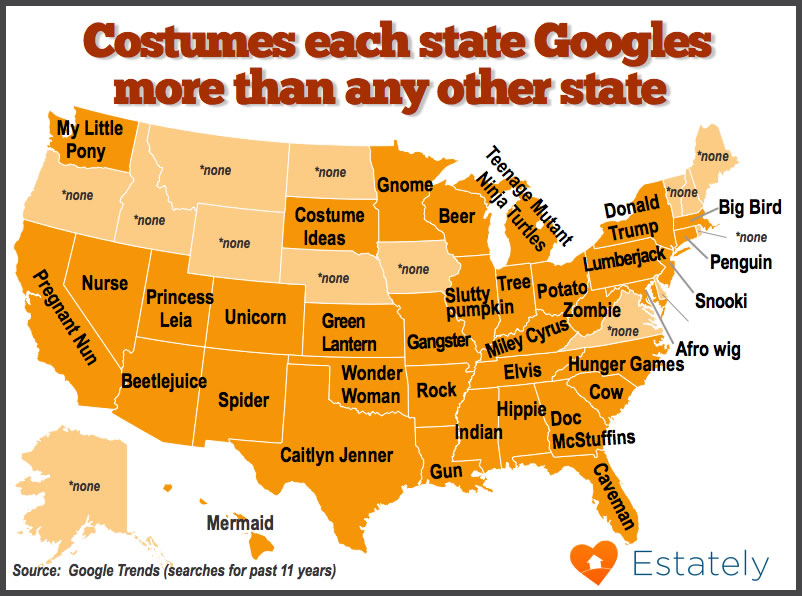At Reason Cathy Young interviews former Google employee James Damore, who was fired after an internal memo he wrote criticizing the company’s diversity policies “went viral”:
James Damore, a former software engineer at Google, was suddenly propelled to fame after an internal memo he wrote criticizing diversity policies at the company leaked to the media. The document, sometimes labeled a “manifesto” (and, less kindly, a “screed” and a “rant”), asserted that the gender disparities in tech jobs are at least partly the result of innate differences between the sexes (primarily of women being more people-oriented and less attracted to such work) and that the diversity programs intended to boost the number of women at Google are counterproductive and possibly illegal.
While the document proposed alternative ways to make the workplace at Google more female-friendly, it was widely labeled “anti-diversity” and “anti-woman.” After 28-year-old Damore was identified as the author of the memo, he was fired for “perpetuating gender stereotypes.”
Since then, the controversy has raged unabated — perhaps unsurprisingly, since it touches on many hot-button, polarizing issues from gender equity in the workplace to freedom of speech. A few days ago, I wrote about the debate for USA Today. I interviewed Damore via Google Hangouts text chat on Friday. The transcript has been lightly edited for style, flow and clarity.
Cathy Young: All this must be a little overwhelming?
James Damore: Yes, especially since I tend to be pretty introverted.
CY: Did you think when you wrote the memo, that it could become public at all, let alone as such a huge story?
JD: No, definitely not, I was just trying to clarify my thoughts on Google’s culture and use it to slowly change some of our internal practices.
CY: You’ve mentioned in other interviews that you decided to write this memo after attending a staff meeting on diversity at Google.
JD: Yes, I decided to write my thoughts down after attending a particular “Diversity and Inclusion Summit,” although I had seen many of the problems in our culture for a while.
CY: Who was this summit for? All employees, or employees at a certain level?
JD: It was generally for high level employees in my organization that were interested in diversity efforts.
CY: Does Google have a lot of diversity events? Do any of them have mandatory attendance, or is it primarily for those interested in the issue?
JD: Google has many diversity events, including many during our weekly company-wide meeting (TGIF). They’ve also recently made “Unconscious Bias” training, which is ideologically similar, mandatory for those that want to evaluate promotions, all managers, and all new hires.
CY: You’ve mentioned that the summit that prompted the memo had some material that you found disturbing and offensive. I don’t know how specific you can be, but any examples?
JD: They outlined some of the practices where employees were being treated differently based on their gender or ethnicity at Google and during the hiring process. For example, there’s special treatment during the interviews (like more being given) and there are high priority queues for team matching after an employee gets hired. Also, there were calls to holding individual managers accountable for the “diversity” of their team, which would inevitably lead to managers using someone’s protected status (e.g. gender or ethnicity) during critical employment situations.





